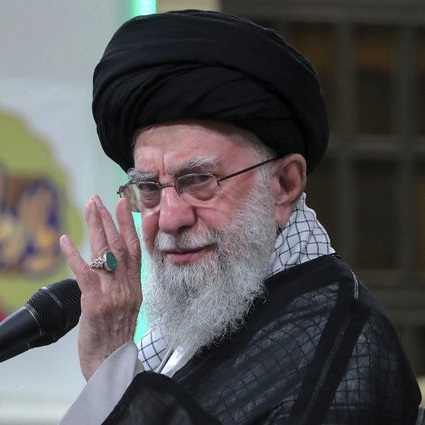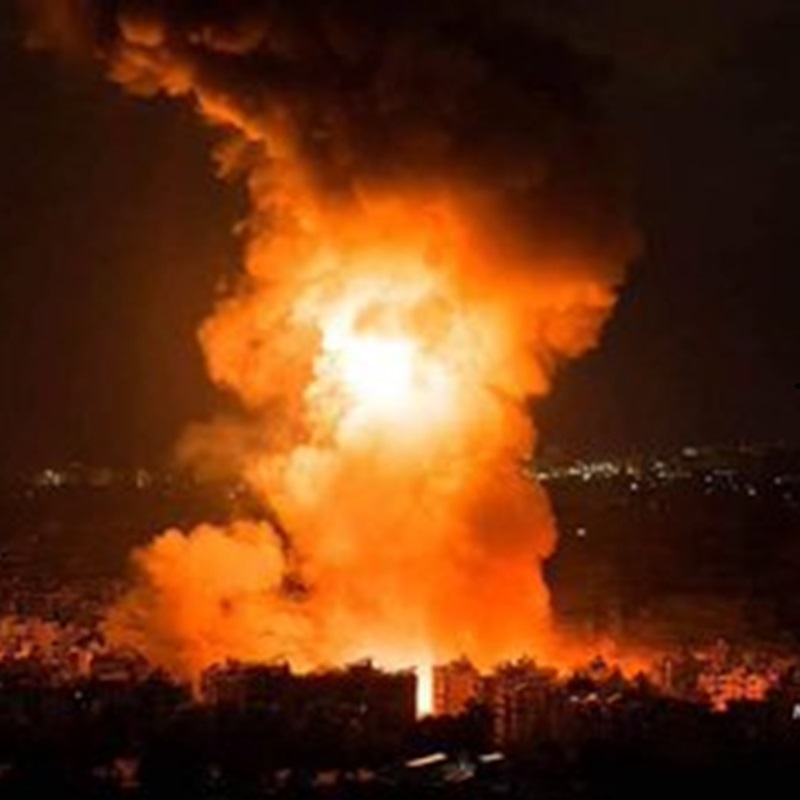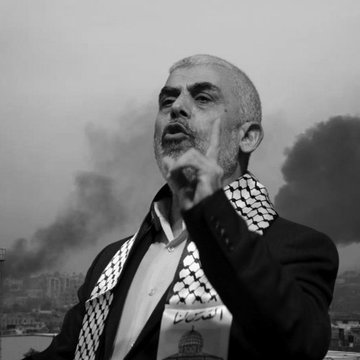Karolina Goswami, a Polish YouTuber based in India, has recently found herself at the center of a controversy involving her critique of Dhruv Rathee, a popular content creator. Following her public analysis of his content, Goswami has been subjected to threats and intimidation from Rathee’s supporters. Despite these challenges, she remains determined to live and continue her work in India. In this article, we’ll explore who Karolina Goswami is, the nature of the conflict, and the broader issues surrounding online harassment and freedom of expression. Who Is Karolina Goswami? Karolina Goswami is a Polish citizen and an Overseas Citizen of India (OCI) cardholder. She is married to Anurag, an Indian man, and together they live in India with their children. Karolina and her husband run a popular YouTube channel called India in Details, where they share content about their experiences living in India, raising a family, and discussing social, cultural, and political topics related to the country. With over 1.1 million subscribers, the channel has garnered attention from both Indian and international audiences. Goswami’s content often highlights India’s rich culture, traditions, and the challenges of modern life in the country. Her positive approach toward India and the Indian lifestyle has made her a favorite among many viewers. However, her recent critiques of Dhruv Rathee, a well-known content creator known for his political and social commentary, have drawn the ire of his supporters. The Controversy: Karolina vs. Dhruv Rathee The conflict between Karolina Goswami and Dhruv Rathee began when Goswami publicly analyzed some of Rathee’s videos on her YouTube channel. She accused him of spreading misinformation and engaging in “anti-India propaganda.” In her videos, Goswami claimed that Rathee’s content was misleading and aimed at presenting a negative image of India. She demanded that Rathee’s social media accounts be banned, stating that his content was harmful and deceptive. This critique did not sit well with Rathee’s supporters. Soon after she posted these videos, Goswami began receiving threats, which escalated to over 220 in May 2024. These threats included death and rape threats directed at her and her family. Screenshots of these threats were shared by Goswami on social media to highlight the severity of the situation. Despite the harassment, Goswami has remained resolute in her criticism of Rathee and his content. Attack in Germany and the Need for Security This isn’t the first time Karolina Goswami has faced such hostility. In 2023, while she and her husband were in Germany, they were reportedly attacked by Dhruv Rathee’s supporters. During the attack, their car was vandalized, and their devices were stolen. This incident marked the beginning of a series of threats and attacks that have continued into 2024. Given the ongoing threats, Goswami made an appeal to the Indian government in May 2024, requesting security for her family. She expressed her concern for their safety and provided evidence of the threats she had received. However, according to Goswami, there was no response from the government, leaving her and her family vulnerable to further attacks. Viral Video and Public Response On October 15, 2024, Karolina Goswami shared a now-viral video on Instagram that further highlighted her plight. In the video, which has garnered over 4.5 million views, Goswami is seen walking with two security guards and her children in India. The video shows her determination to continue living in the country despite the ongoing threats. “We fear nothing. We will continue living in India,” she says in the video, demonstrating her resilience in the face of adversity. The video has sparked significant public attention, with many social media users rallying behind Goswami. While she has received support from numerous followers praising her courage, others have criticized her for provoking Rathee’s fan base with her critiques. This has led to a wider conversation about online harassment and the responsibilities that content creators have regarding their influence on their audience. Reactions and the Broader Issue of Online Harassment The threats faced by Karolina Goswami have raised important questions about online harassment, particularly in the context of political and social commentary. With the rise of social media platforms, public figures and influencers are increasingly vulnerable to attacks from online communities. This incident brings to light the darker side of online engagement, where disagreements and critiques can quickly escalate into harassment and violence. Supporters of Goswami have initiated campaigns to raise awareness about the dangers of online harassment. Many have called for stronger protections for individuals who face such threats, especially those who voice opinions that may be unpopular or controversial. The ongoing situation highlights the need for social media platforms and governments to address the issue of online harassment more effectively. Timeline of Events To provide a clearer understanding of the situation, here’s a timeline of the key events: The Importance of Free Speech and Responsibility While the conflict between Karolina Goswami and Dhruv Rathee’s supporters continues, it raises broader issues about freedom of expression. In a democratic society, individuals should be free to express their opinions and engage in healthy debate without fear of retribution or violence. At the same time, content creators have a responsibility to ensure that their work does not incite harm or encourage hostility among their followers. In this case, Goswami has stood firm in her criticism of Dhruv Rathee, despite the backlash from his supporters. Her decision to remain in India and continue her work underscores her commitment to freedom of speech and her belief in standing up for her views. Future Steps: What Lies Ahead for Karolina Goswami? As the situation unfolds, Karolina Goswami has made it clear that she will not back down. Her recent video indicates that she is prepared to face the challenges head-on, with the support of her family and security personnel. Despite the lack of response from the Indian government regarding her plea for protection, Goswami remains committed to her work and her life in India. The road ahead for Goswami may involve further legal action to ensure her safety and that of her










